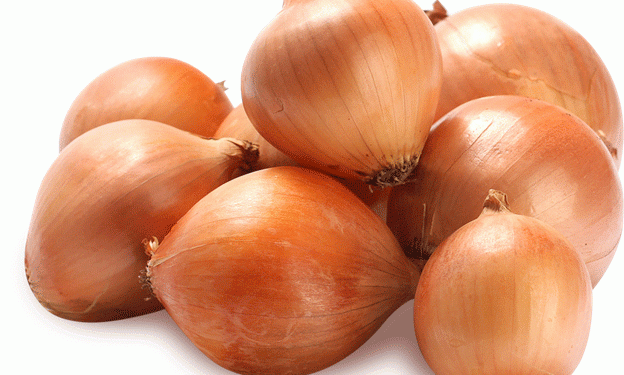The Chelyabinsk region recently made headlines by rejecting a shipment of 20 tons of onions at its border. The issue? Improper labeling indicating the importing country as Kyrgyzstan rather than Kazakhstan. This incident highlights the increasing scrutiny over agricultural imports in Russia, emphasizing the importance of regulatory compliance for cross-border trade.
The Incident: A Closer Look
Details of the Rejected Shipment
- Quantity: 20 tons of onions.
- Origin: Kazakhstan.
- Violation: Incorrect labeling, with Kyrgyzstan incorrectly listed as the importing country.
- Outcome: The shipment was returned to Kazakhstan, and the transporter faced administrative penalties under Article 10.2 of the Administrative Code of the Russian Federation.
Inspections Conducted
- The Federal Service for Veterinary and Phytosanitary Supervision (Rosselkhoznadzor), in collaboration with the Federal Security Service (FSB) Border Administration and Chelyabinsk Customs, inspected 17 shipments.
- These shipments included onions, cabbage, dried fruits, and pumpkins, collectively weighing over 202 tons.
Implications for Farmers and Importers
Regulatory Challenges
- Labeling Accuracy:
Proper labeling, including the correct identification of the country of origin, is critical for compliance with import regulations. - Documentation Requirements:
Importers must ensure that all shipping documents meet the standards set by Russian agricultural authorities to avoid delays or rejections.
Economic Impact
- For Importers: The return of shipments increases costs due to transportation and potential penalties.
- For Local Farmers: Stricter controls on imports can benefit domestic producers by reducing competition from foreign products.
Agricultural Trade Between Russia and Kazakhstan
Key Facts:
- Kazakhstan is a significant exporter of onions to Russia, benefiting from geographical proximity and established trade relationships.
- Russia imported over 250,000 tons of onions in 2023, with Kazakhstan and Kyrgyzstan among the leading suppliers.
Growing Tensions in Trade:
- Incidents like this highlight the need for enhanced coordination between exporting and importing countries to ensure smooth trade.
- Non-compliance risks straining relationships and reducing market access for producers.
The rejection of the onion shipment in Chelyabinsk underscores the importance of adhering to strict import regulations. For exporters, ensuring compliance with labeling and documentation standards is not just a legal necessity but also a way to maintain trust and access in critical markets. Meanwhile, domestic producers may see opportunities in the increased scrutiny on foreign imports, potentially bolstering local agriculture. As cross-border agricultural trade grows, collaboration between regulatory bodies and traders will be key to avoiding disruptions.































